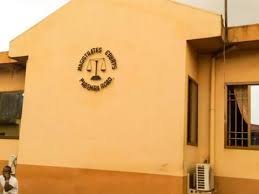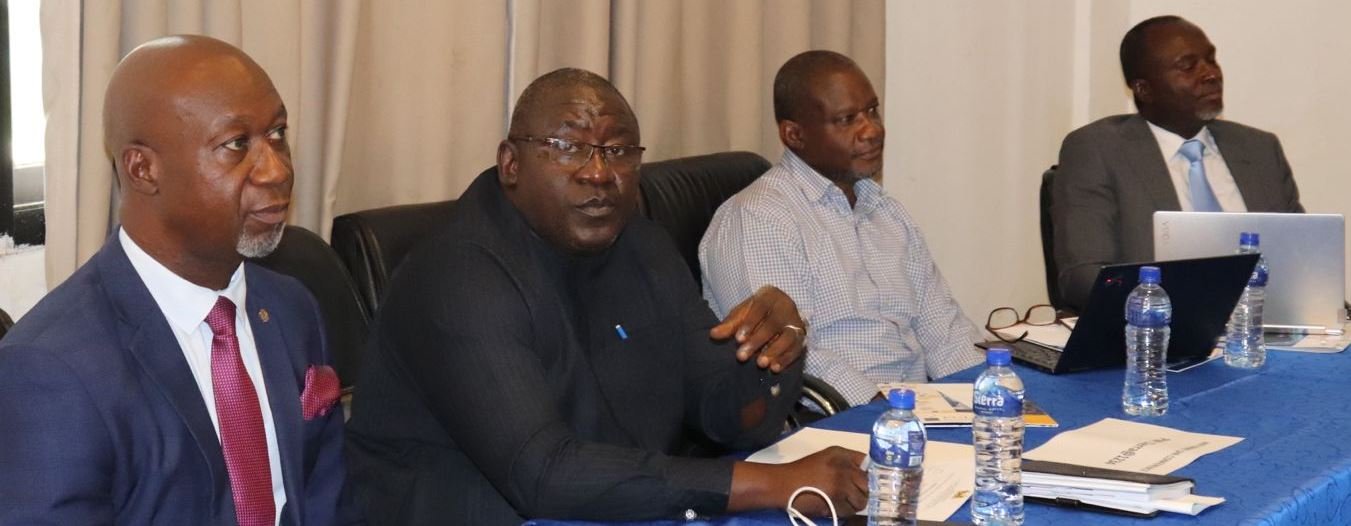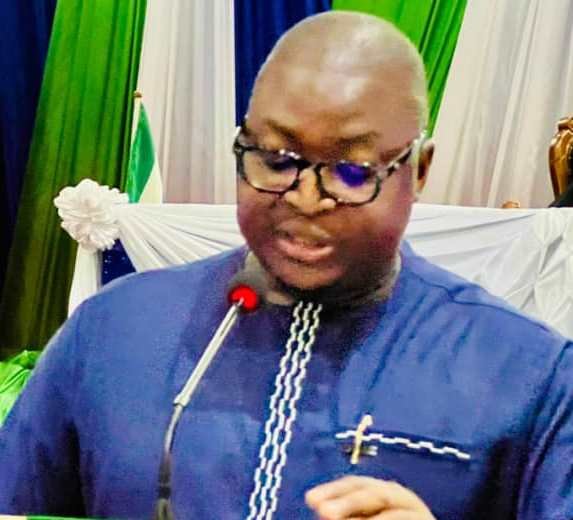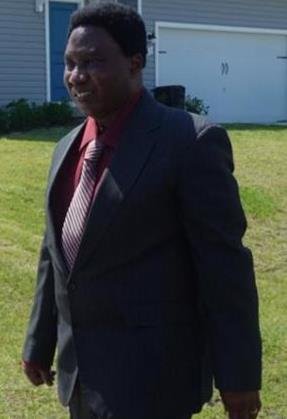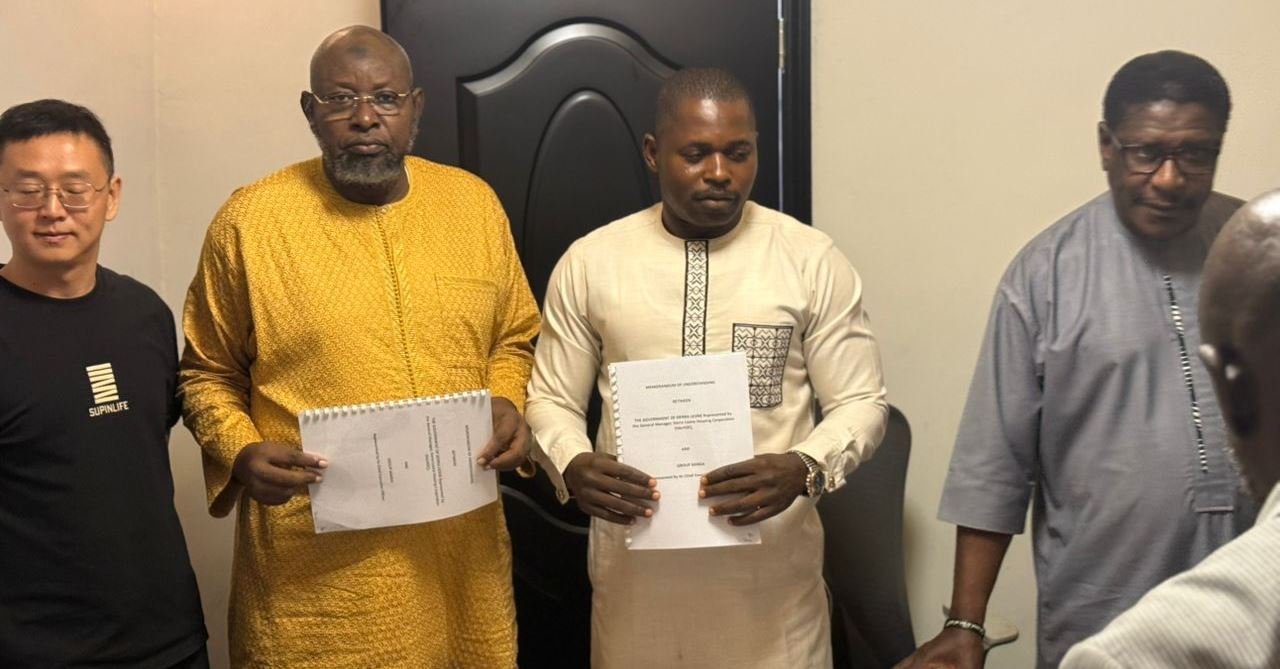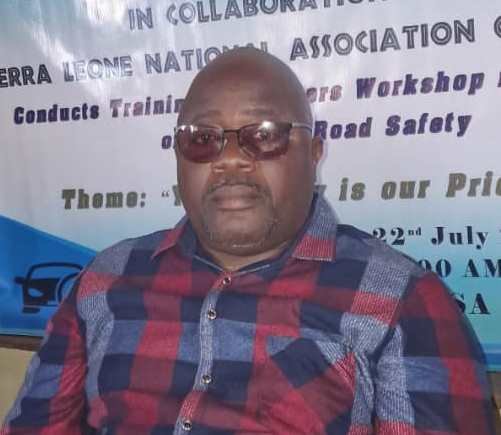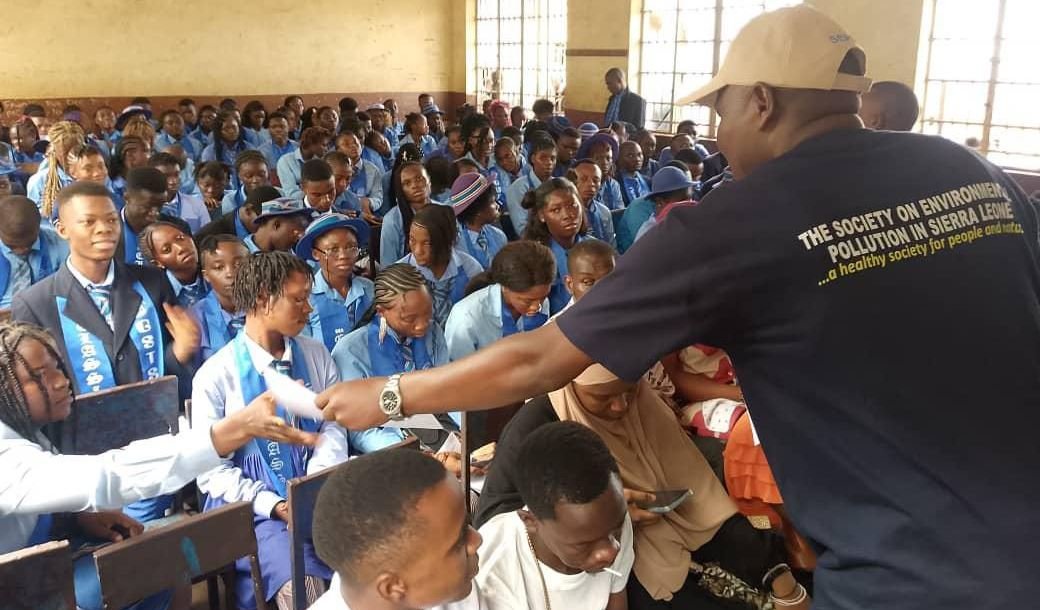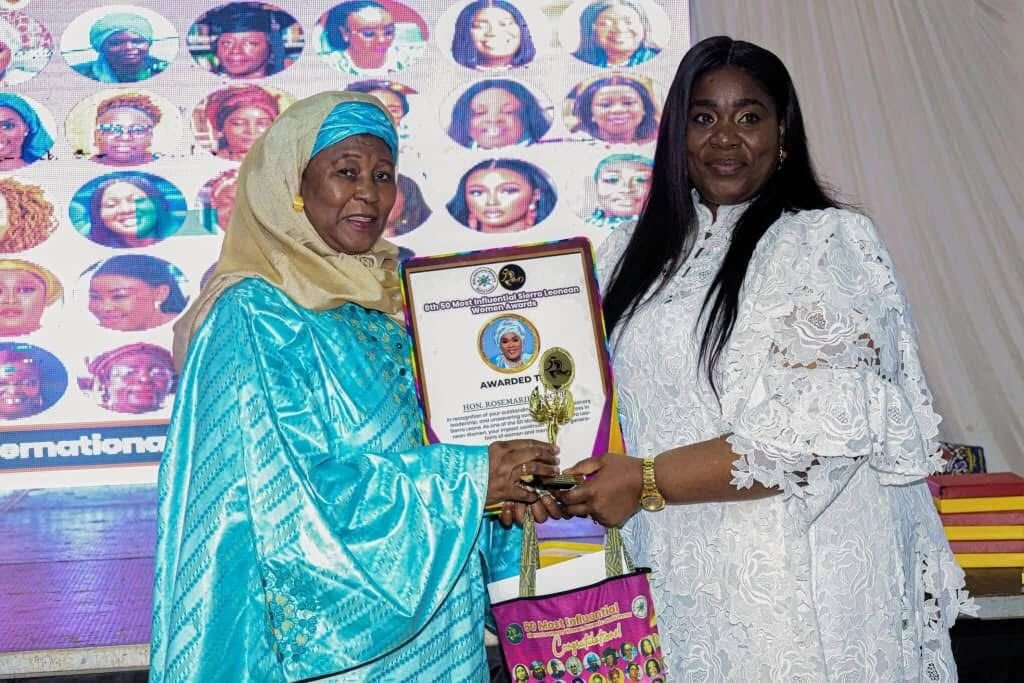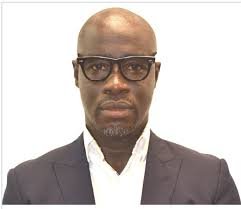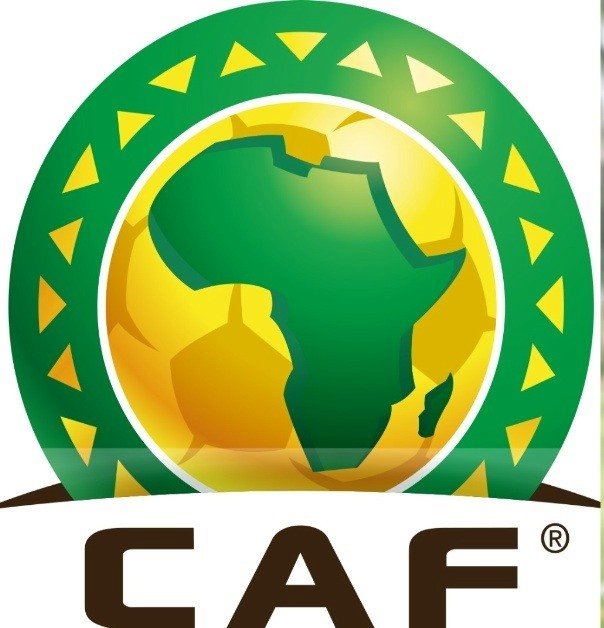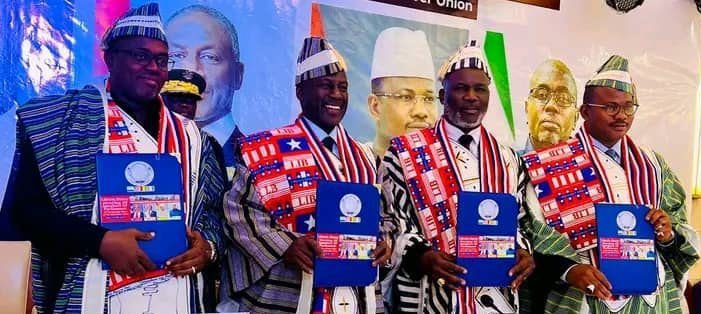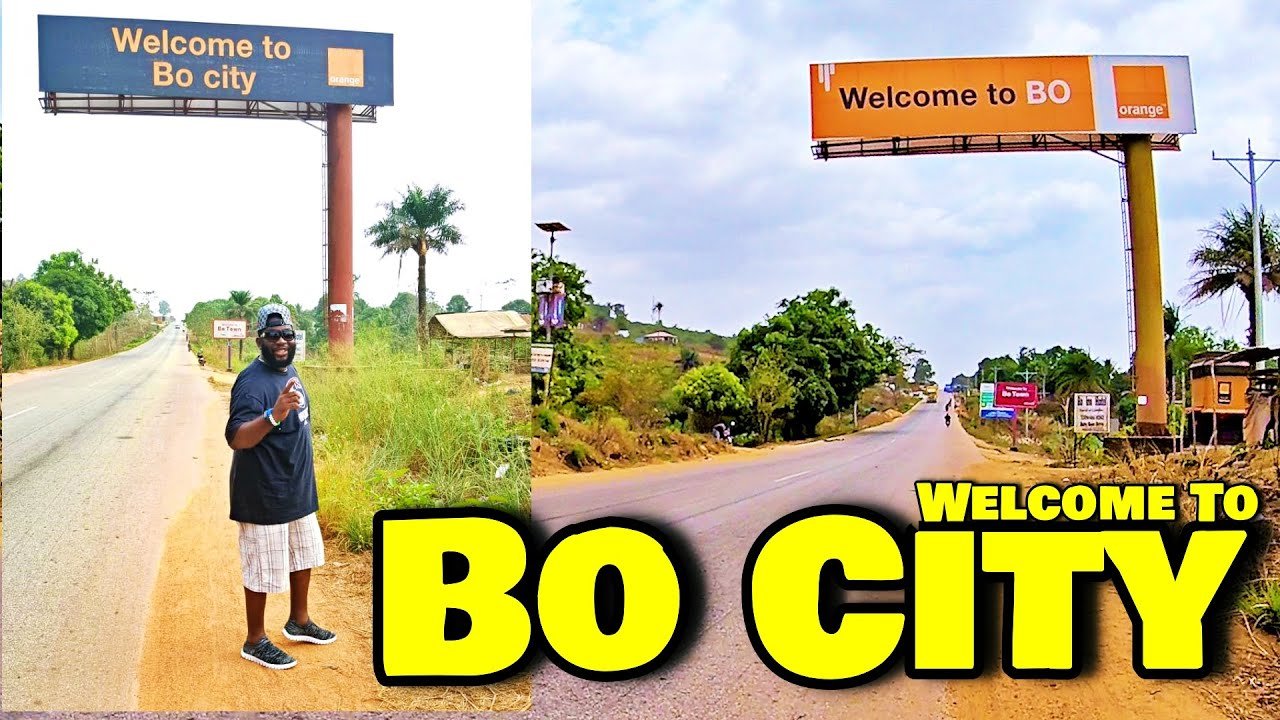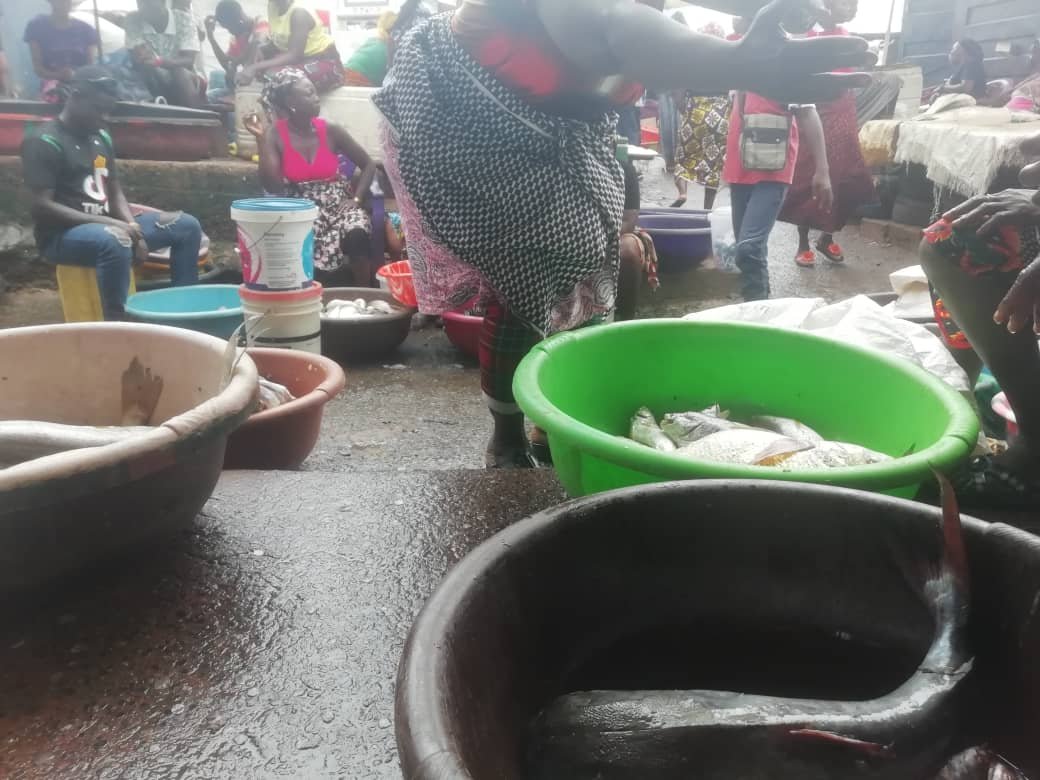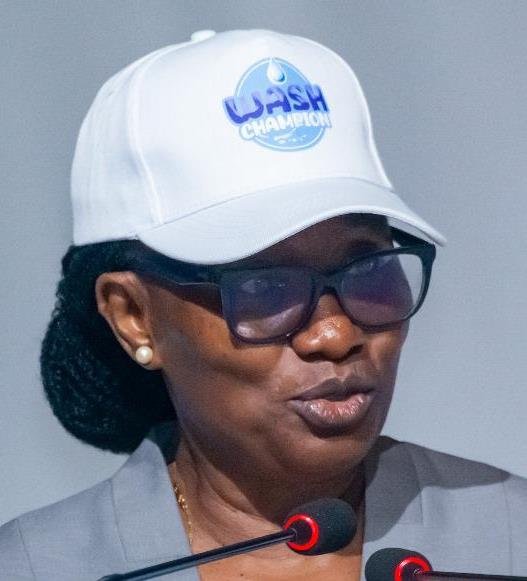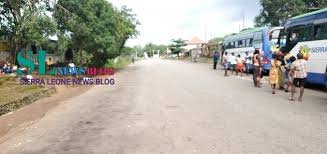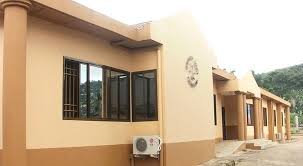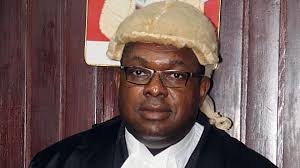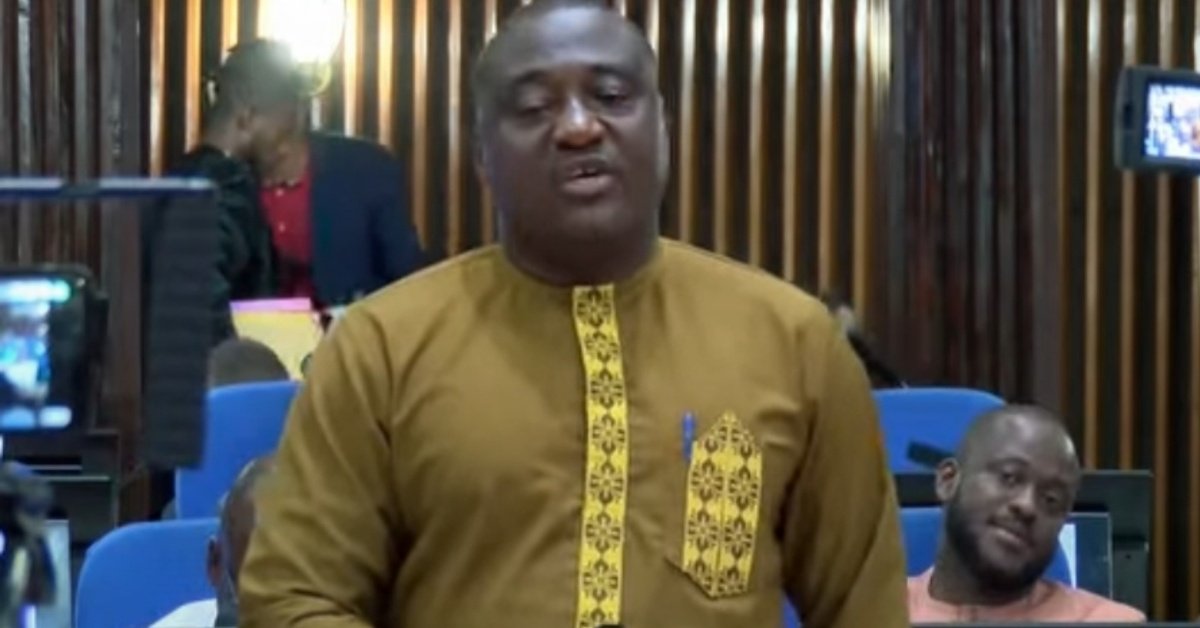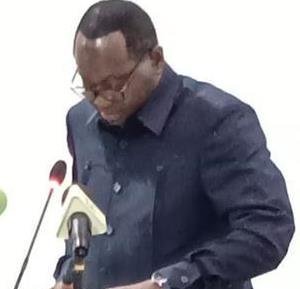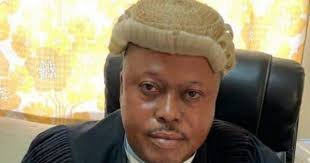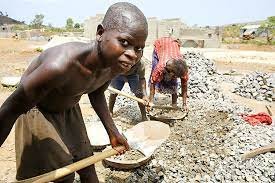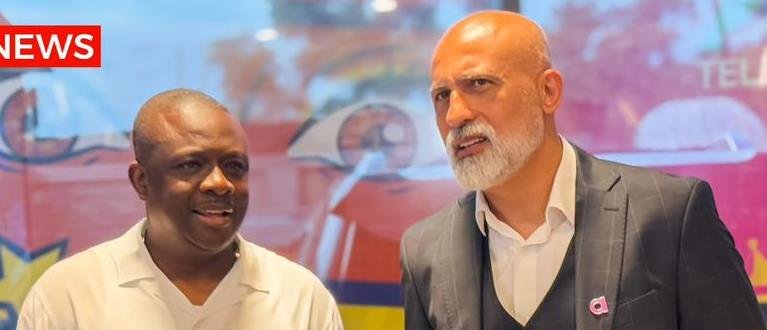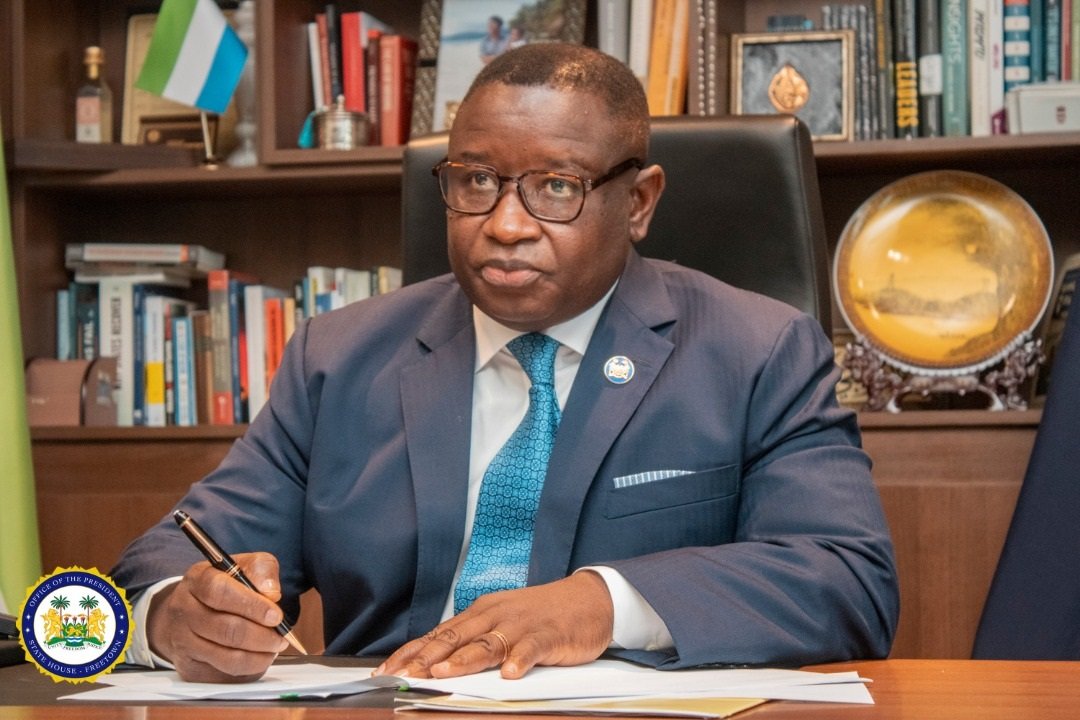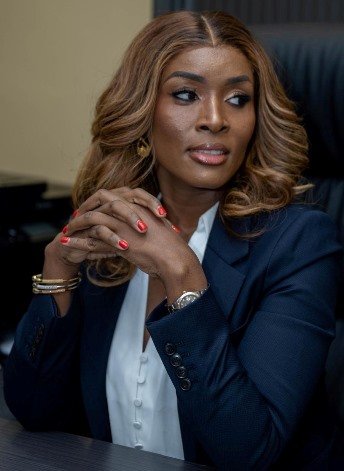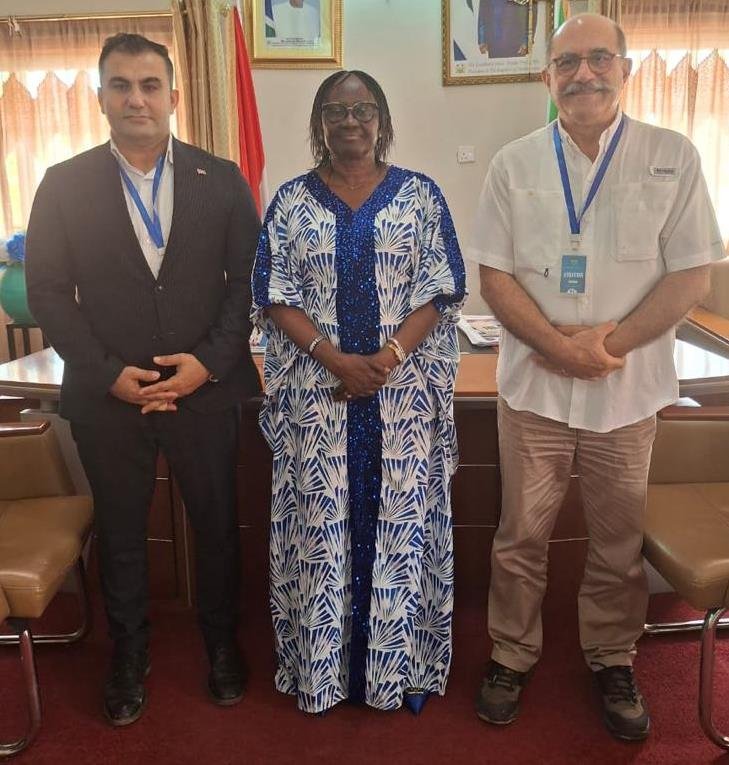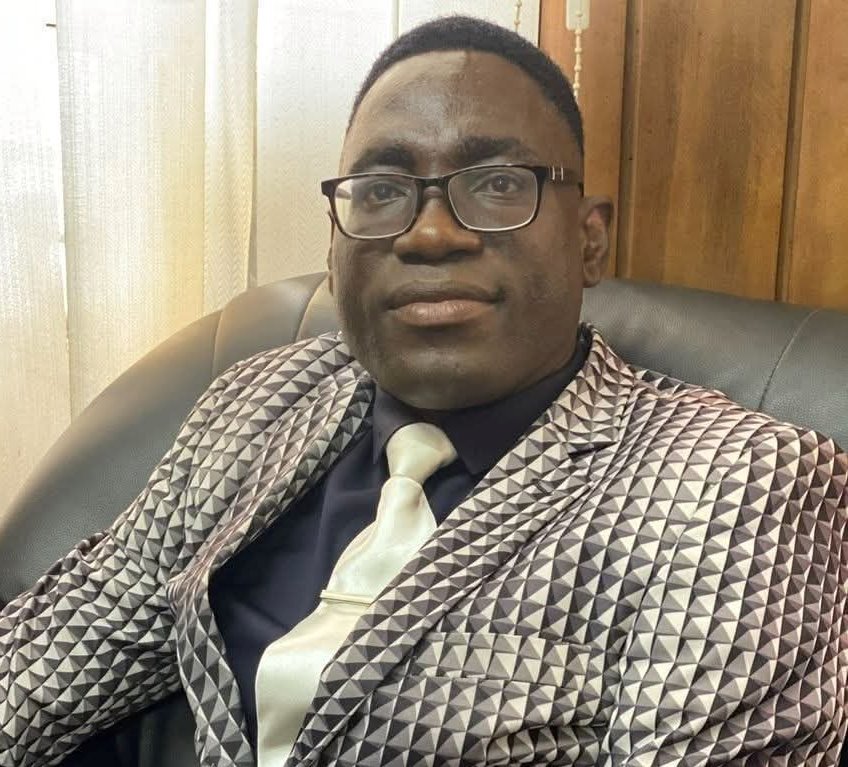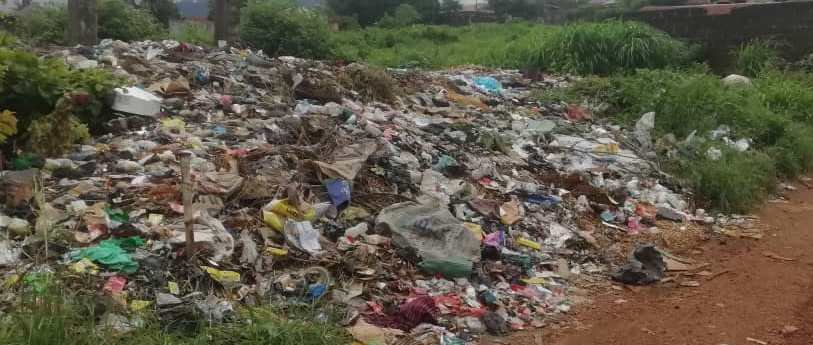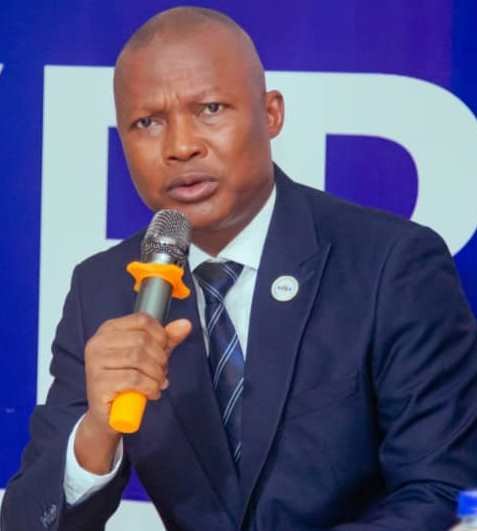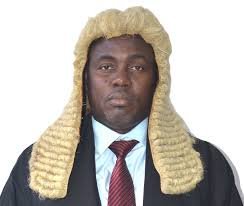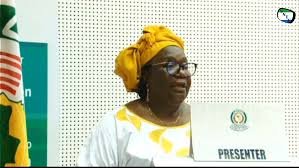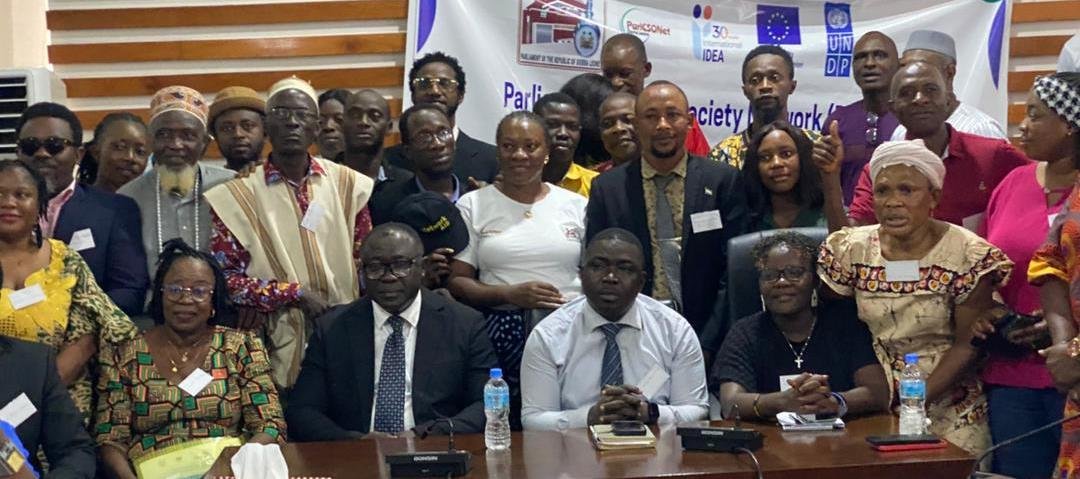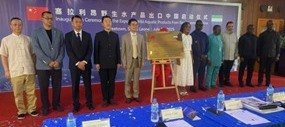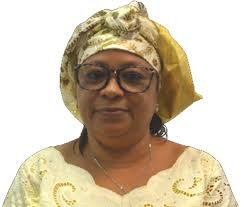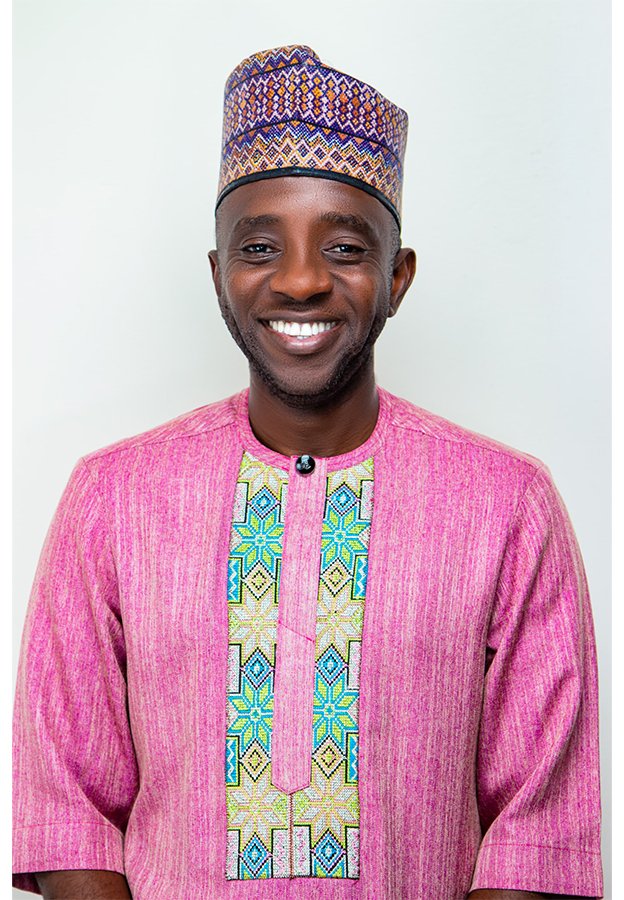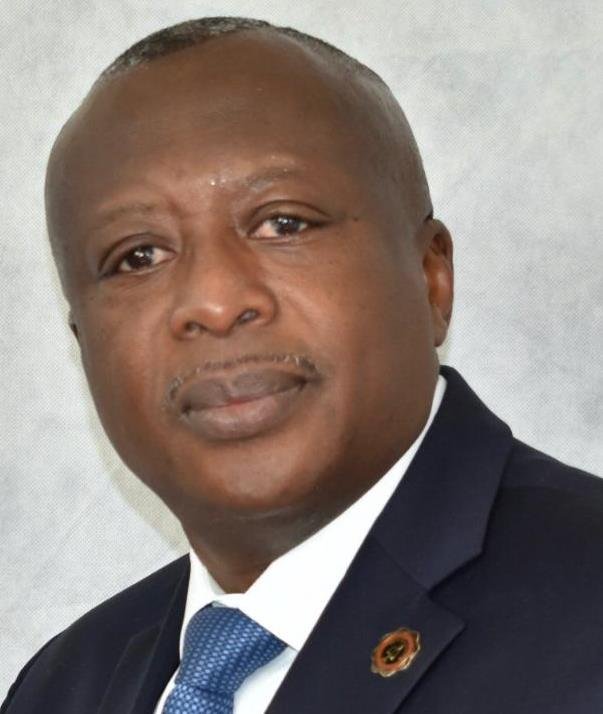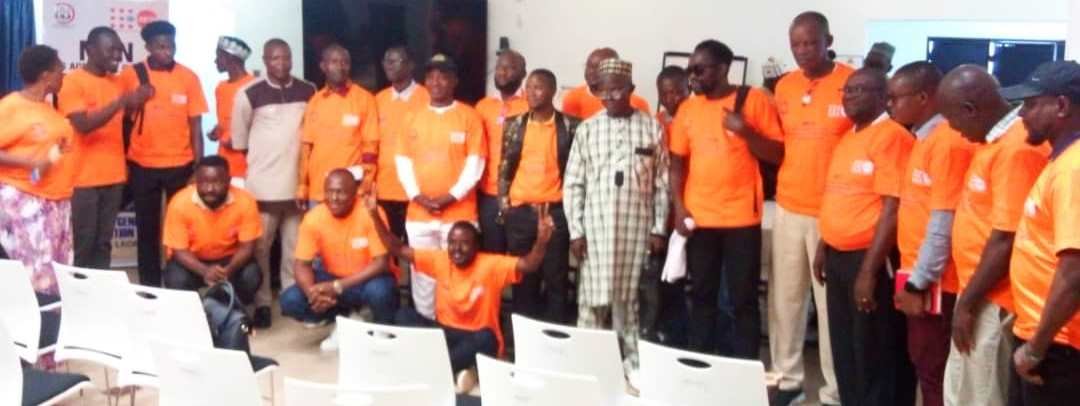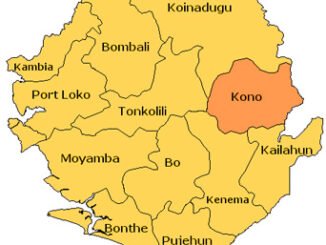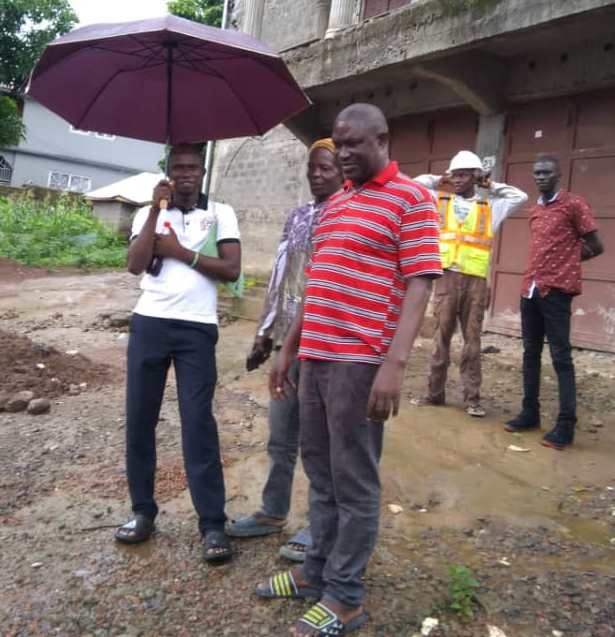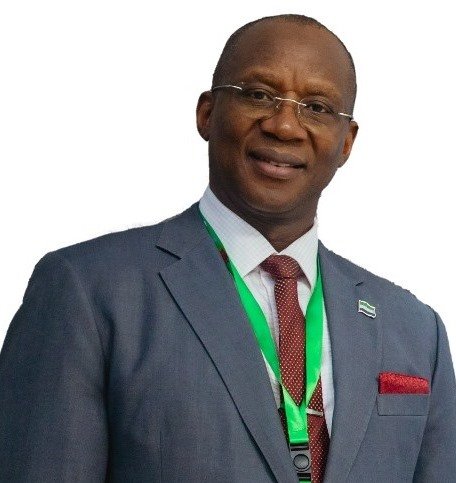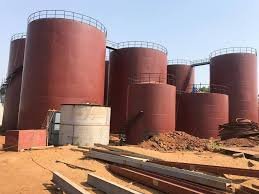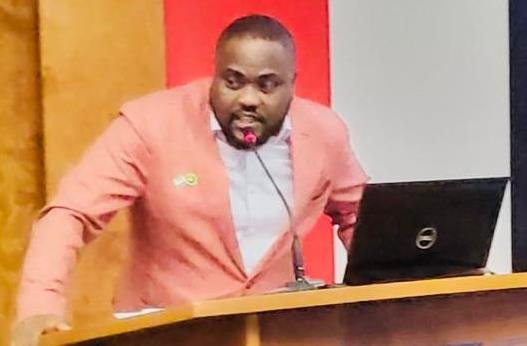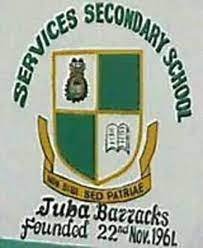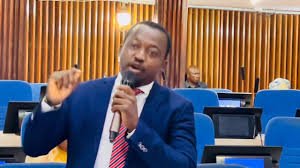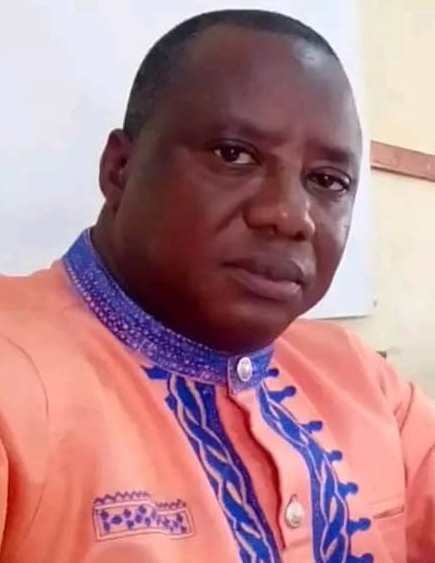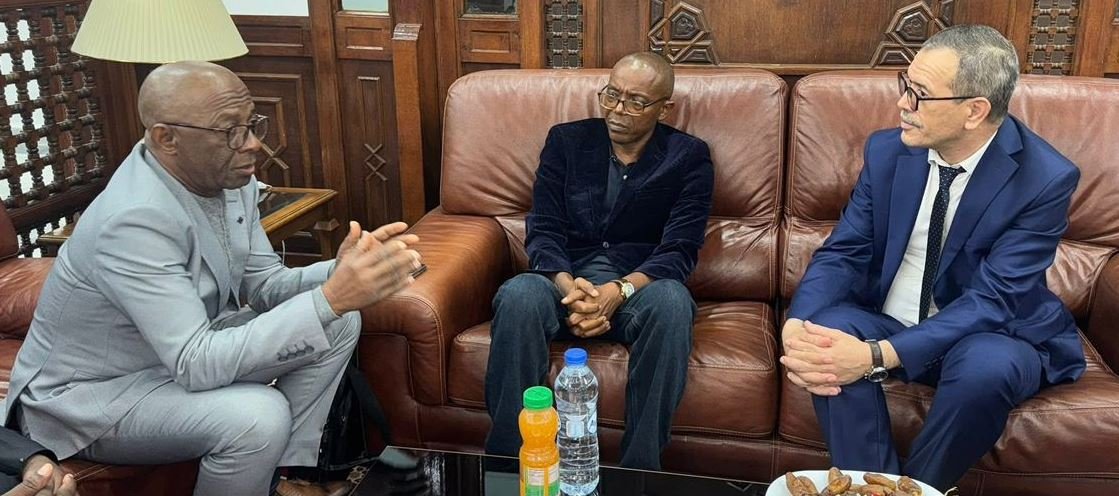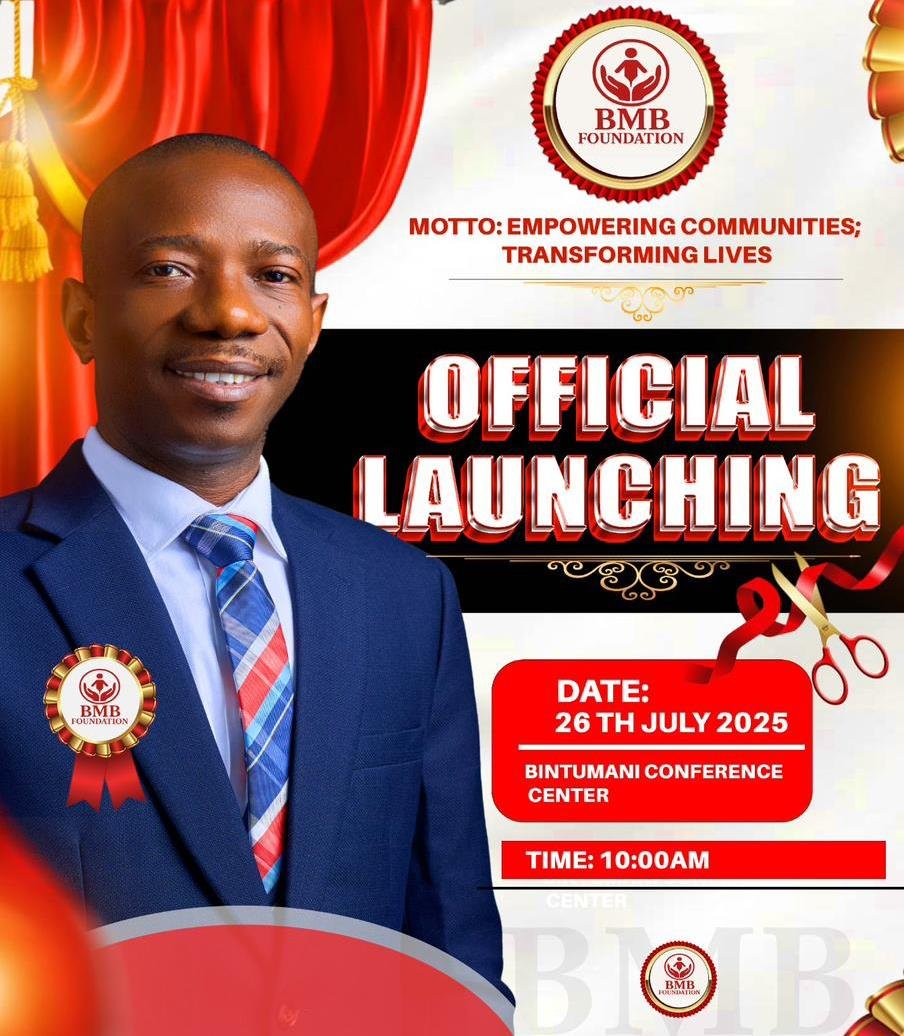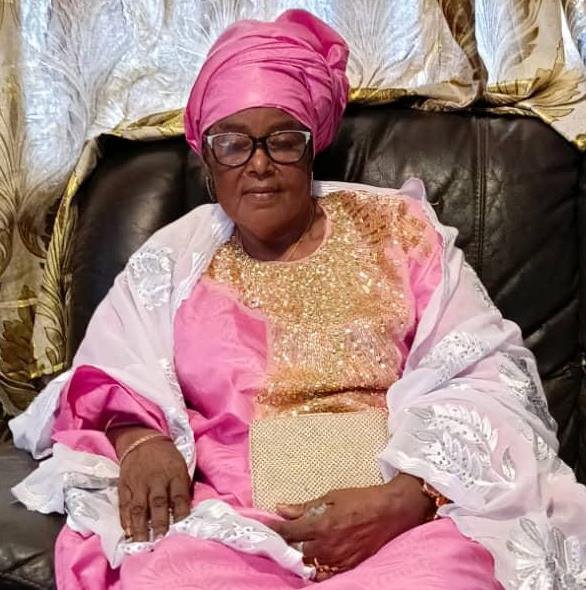By Hassan I. Conteh
The decision of Sierra Leone’s leaders of the top most political parties in governance could partially be blamed for most sectorial deficiencies.
This is because political leaders are mostly ill-advised by their senior comrades while in power.
The presidential advisers would sometimes get it wrong on their judgments.
In a democracy, if a president fails woefully, his team equally fails ignominiously.
So, heads of state must be guided well before making important political appointments.
There have been several instances in which leaders of the Sierra Leone People’s Party (SLPP) and All People’s Congress (APC) have made ‘unwise’ decision to appoint and re-appoint ministers to man important offices in Sierra Leone.
Their decisions mostly to appoint ministers are often thoughtless as appointments are sometimes based on strong party affiliations and overwhelming contributions by political appointees to the parties.
Most politicians in Sierra Leone, past and present, have held posts running crucial offices without proper consideration on their practical job experiences gained over the years before being appointed.
Or, sometimes, even having stayed in office for a while but are asked to leave the ministry without any reference to good work done and experience gained already.
The fact is, in many instances, presidents of these two major political parties in Sierra Leone have showed lack of patience and courage to maintain their appointees in offices.
In other cases, there had been sackings and re-appointments of those sacked from specific offices to govern another offices.
This has happened under the leadership of former President Ernest Bai Koroma and currently under the administration of the re-elected president, Julius Maada Bio.
This, the practice of changing faces, is never a progress for a country. It is never a kind of good leadership portrayal.
It just, in many cases, represents one step backward on progress already made. It is, often times, about satisfying just a few men who have hands in politics than to satisfy the poor majority.
Many people, for example, are not happy over the recent executive appointment by President Julius Maada Bio.
The President has failed to maintain some ministers in key sectors of priority. The ever-experienced Minister of Technical and Higher Education, Prof Alpha Tejan Wurie, is shown the exit-door.
A woman has now taken up that office. It is not the case that women should not hold important offices in Sierra Leone. That is a 17th century thinking.
But, the lifespan of the ministry or minister, like, in the case of Prof Wurie and Dr David Moinina Sengeh, is very short to determine success in the education sector challenged by ‘students’ mediocrity’ and public criticisms, despite some encouraging improvements in the sector are seeing happening.
The secondary education minister has been also elevated as chief minister.
As he takes new office, he takes along his expertise from a place he may have invested his energy and time to bringing a lasting change.
On the whole, sometimes, leaders reach at such decision (to sack or promote ministers elsewhere), without us the ordinary people knowing why are ministers sacked or leave office for another. Is that a work in progress?
Former President Koroma like President Maada Bio has sacked or relieved official duties off to some political appointees.
But, most times, the sacking does not go with explanation for the public to know.
Hafsatu Kabba, a former minister under Ernest Koroma’s era, was sacked from energy ministry, and she later got another ministerial offer by Koroma.
Likewise, SLPP Denis Vandy was sacked as minister of agriculture and was re-appointed, by President Bio, in his first five year term of office, to head another sector.
As, it is always the case, that a new minister needs to get himself /herself acquainted with relevant policies in a sector and to know the challenges and successes within a specific ministry.
So, it is always good to retain experienced, hardworking and result-oriented ministers in officers they had initially served.
When a minister changes from a said ministry to another, it means the approach of the ministry he/she is leaving may also change. The changes might not always be positive.
It will have to take a new man or woman in office, sometimes, a year or two, to understand well and get used to the new office and new workers and style there.
That is slow in a work in progress. And that affects a nation to develop quickly in most public sectors.
It gets diplomats aback as they keep changing phone contacts, emails, and official addresses and re-introducing themselves. Is that good diplomacy? Changing names on sectors is another setback on public information.
NEC is now ECSL! Don’t NEC what Sierra Leoneans have got used to calling over the years?
Do you get to hear common Sierra Leoneans call ECSL regularly in this past June election? Is that communication for the majority?
Running his second five year term, the President, Julius Maada Bio, has made several key changes in governance by bringing in new guys.
And, he is expected to bring in more new faces since other sectors have yet to get ministerial appointments.
But, a passer-by resident at Waterloo sounded unhappy as old faces disappeared under the new administration of Sierra Leone People’s Party, headed by President Julius Maada Bio.
“Look, Timbo, ol, e nor gee am position yate; (Look, Timbo himself is not yet appointed by Bio),” a perceived supporter of SLPP said on the street.
Guess, who will be Minister of Transport & Aviation under president Bio in his second term?
Or the ministry’s name might be changed to something else when our guys start operation in parliament.









